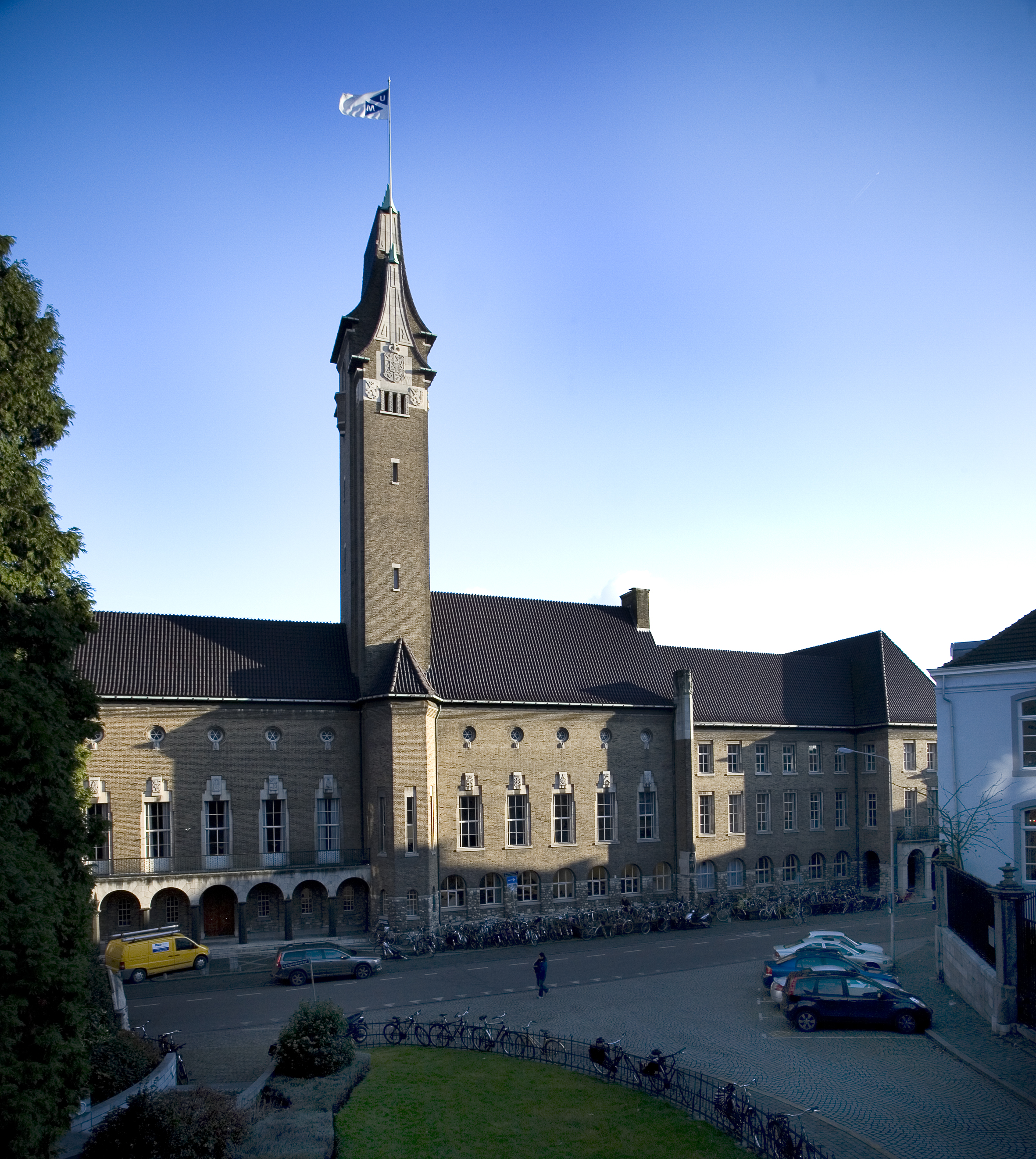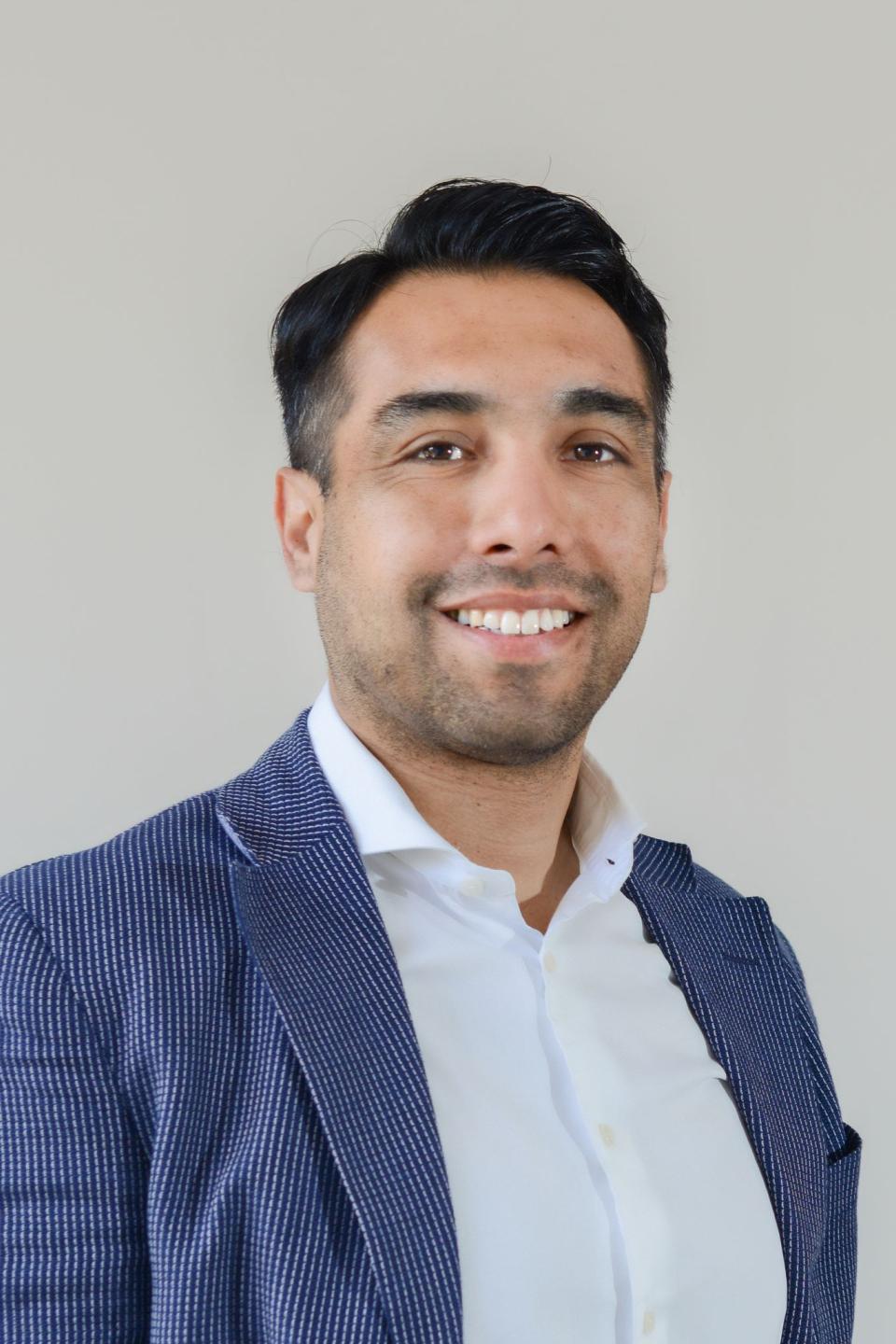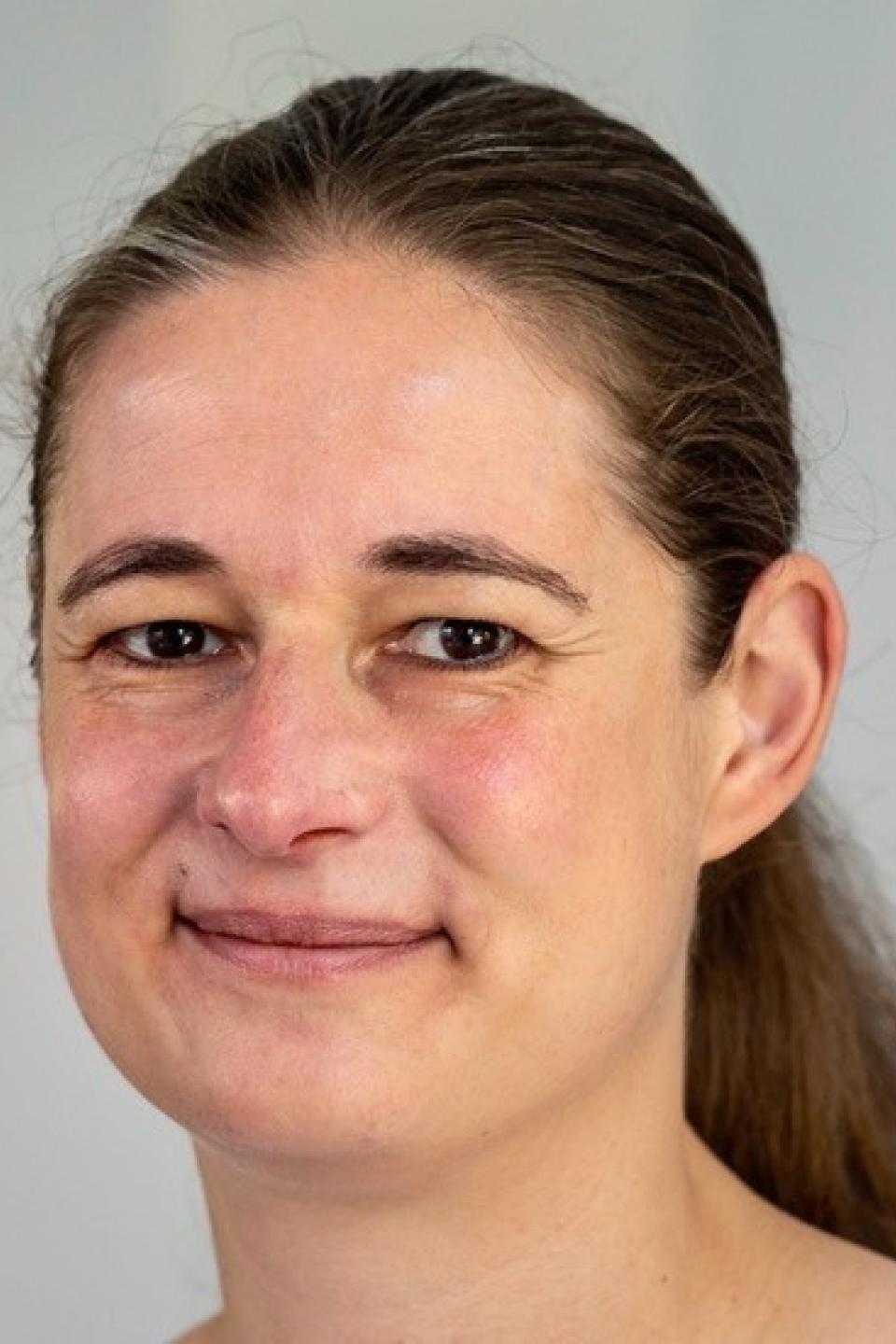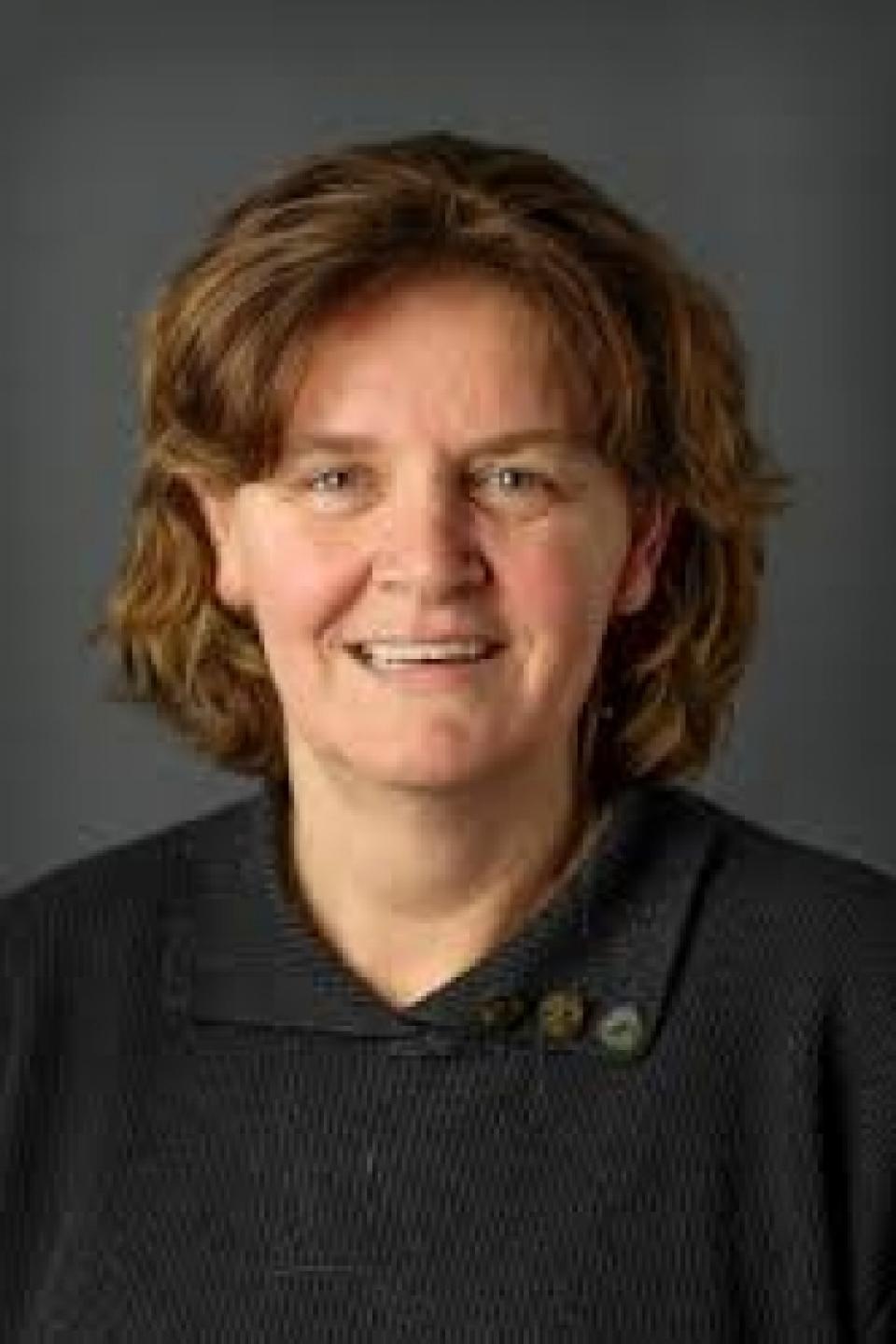Overview
Food and health have become key priorities for most EU member states during the last decades. This is a consequence of the continent-wide growing obesity epidemic and high rates of diet-related chronic diseases such as cardiovascular diseases and diabetes. In addition, adjusted dietary patterns for certain population groups, such as elderly people and pregnant women, should be promoted. The ultimate goal is to promote a healthier eating pattern for the complete population.
At first, raising public awareness of appropriate ways to eat more healthily was the approach used by most EU Member States, to tackle diet-related problems in the population. However, the impact of increasing public awareness appeared to be not sufficient to significantly change the eating behavior of consumers. Therefore, new methods need to be used in order to reach a systematic change in eating behavior. It has become clear that the development of effective measures for improvement is a demanding task and requires further systematic research and innovative approach. One main question that this research needs to tackle is the role that innovation in food and new basic research technologies could play in counter-acting the alarming rise of diet-related problems. The dialogue between scientific and civil society communities is essential in this matter. In order to begin to address the use of research and innovation in the food industry, INPROFOOD project was started.
For more information about the role and activities of Maastricht University in the project, please contact one of the following persons.
Prof. dr. E. Vos – researcher and project manager INPROFOOD
e.vos@maastrichtuniversity.nl
Ms. Z. Xhaferri – researcher and coordinator
zamira.xhaferri@maastrichtuniversity.nl
For general questions:
inprofood@maastrichtuniversity.nl
Project description
INPROFOOD is a three-year project involving 17 partners across 13 EU countries. The project gets funded, as an FP7-project, by the European Commission. Goal of the project is to foster dialogue and mutual learning between industry, academia and civil society already in the earliest stages of the research processes. The dialogue between these three key players should be directed towards performing effective research and developing innovative approaches (technical and social) for dealing with the food and health challenge. It was developed from the basis that social discourse among research institutions, industry and civil society is a basic pre-requisite for moving towards a more reliable and achievable vision.
Project activities
The project has been divided into seven work packages, around different key activities. INPROFOOD uses several methods to visualize and promote the dialogue between academia, industry and civil society, of which the most important are interviews, workshops and an Open Space Conference. Interviews were conducted in all participating countries, to map the current process of research programming and identify important stakeholders in the field of food in the participating countries. Next, several workshops were organized in all countries, as a participatory needs assessment. In these workshops, stakeholders from industry, academia and civil society organization could give their view on the best and worst case scenario, regarding the funding of research in the field of food and health. In addition, a European Open Space Conference has been organized, where all relevant actors could express their ideas concerning the design of food research. Finally, the outcomes of all activities will be used in the development of an action plan for the future of research programming. The results of all activities will be reported and distributed to all interested parties.
Maastricht University
The Law Faculty of Maastricht University is involved in the INPROFOOD project, as representative of the Netherlands. The team of Maastricht University is involved in mapping and analyzing current processes of research programming in the area of food and health, via conducting interviews and organizing workshops. In addition, we are involved in the development of an action plan, with the goal to promote societal engagement, drawing on the insights obtained through those interviews and workshops.
More information on the INPROFOOD project and already published results can be found on the project’s website www.inprofood.eu.
Recent acitivities
- Closing Conference INPROFOOD
- Workshop ‘Inclusive research programming and implementation’
- Workshop Copenhagen
- Project presentation Brussels
Dissemination activities
Workshop ‘Inclusive Research Programming and Implementation’
On October 8, INPROFOOD will organise a workshop in cooperation with the Eatwell project of Maastricht University. The day will be divided in two parts, on research programming in food and health and the implementation and enforcement of regulations regarding food.
Since the INPROFOOD project will finish on 31 October 2014, the team of Maastricht University organised this workshop as a final dissemanation acitivity. Activities of the last three years and their results will be presented, together with recommendations for future research programming in food and health.
The second part of the day will focus on implementation and enforcement of the Health and Nutrition Claim Regulation in several EU Member States. This EU regulation has been designed with the idea to prevent consumer misleading, communicate an honest message to consumers and prevent unfair competition on the market. Although this is a European regelation, implementation and compliance is partly in hands of the national authorities. During the workshop the compliance strategies of several Member States will be discussed. In addition, an economic and legal view on different enforcement strategies will be presented by several expert.
Location of the workshop will be the Limburgs Museum in Venlo and the duration is from 12.00 untill 19.00. For more information and registation, please contactm.urlings@maastrichtuniversity.nl.
Results
In order to spread the results in a convenient way, several so-called policy papers have been developed. Each document contains information and results of one or more project activities. The results are focused on the methodology of the project as well as on the specific outcomes of the activities.
Official policy paper 1
Official policy paper 2
Official policy paper 3
Official policy paper 4
Official policy paper 5
Dissemination and communication of results to the public are of great importance for the success of the project. Within INPROFOOD, this activity is laid down in Work Package 6 which falls under responsibility of the consortium members from Portugal. In order to optimise dissemination strategies in other projects, Portugal has developed a document with their main findings around successful dissemination. This document has been designed also in light of other so-called ‘Science in Society’ projects, which aim to bridge the gap between scientific research and the public.

























